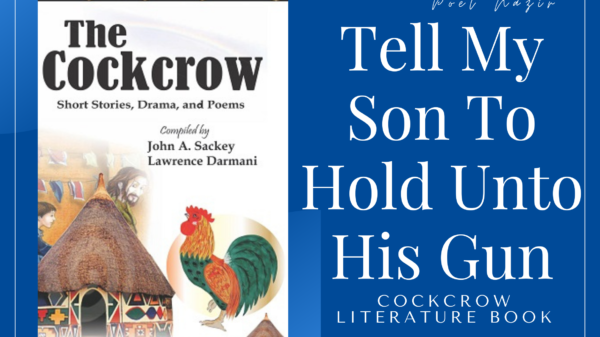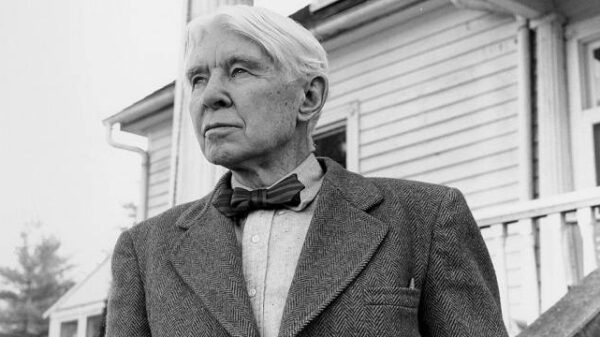Break Break Break is most importantly a poem about the desire but the inability to grieve: in summary, the poem sees Alfred, Lord Tennyson (if we assume here that Tennyson is the speaker, or some approximation to him) addressing the waves of the sea, and drawing a comparison – indeed, a contrast – between the powerful action of the sea’s waves and the relative inaction, or stasis, of Tennyson’s own feelings.
He cannot break the paralysis of grief – grief over the death of his dear friend, Arthur Henry Hallam. (Hallam died aged 22 in 1833; Tennyson was only in his mid-twenties when he wrote ‘Break, Break, Break’, in 1835.)
Read Also: The Faerie Queene: Book I, Canto I Written By Edmund Spenser
So, in the first of the poem’s four stanzas, Tennyson commands the sea to ‘break, break, break’ upon the cold rocks at the coast; but in the second half of that first stanza, he contrasts this outward scene with the interior one, the struggle raging within his own heart: he cannot articulate his grief, the ‘thoughts that arise’, like the waves of the sea, within him.
Here, the rhyme between ‘Sea’ and ‘me’ – made all the more prominent because the other two lines of the stanza do not rhyme – draws this comparison, one that Tennyson returns to in the final stanza. The sea goes on as it must; Tennyson, however, cannot go on with his life.
Read Also: Mariana a Poem By Alfred, Lord Tennyson
The fact that Tennyson repeats the Sea/me rhyme (and the Break Break Break command) in the final stanza reinforces his sense of paralysis: he’s still where he was at the start of the poem. Here we might observe that the form and metre of the poem, strongly suggestive of the ballad, are at odds with the poem’s message of inaction and stasis: ballads tend to tell a story, and are about people doing things. Here, everyone else is active, but the speaker cannot move on. Grief keeps his thoughts, his speech, his whole life, in check.
Read Also: Sonnet 2: When forty winters shall besiege thy brow a Poem By William Shakespeare
Tennyson’s poems are always fun to analyse. We include ‘Break, Break, Break’ in our compilation of Tennyson’s finest poems, but you might also find our analysis of Tennyson’s short masterpiece ‘The Eagle’ of interest.
Cc: Deserved
Poet Nazir is a writer and an editor here on ThePoetsHub. Outside this space, he works as a poet, screenwriter, author, relationship adviser and a reader. He is also the founder & lead director of PNSP Studios, a film production firm.










